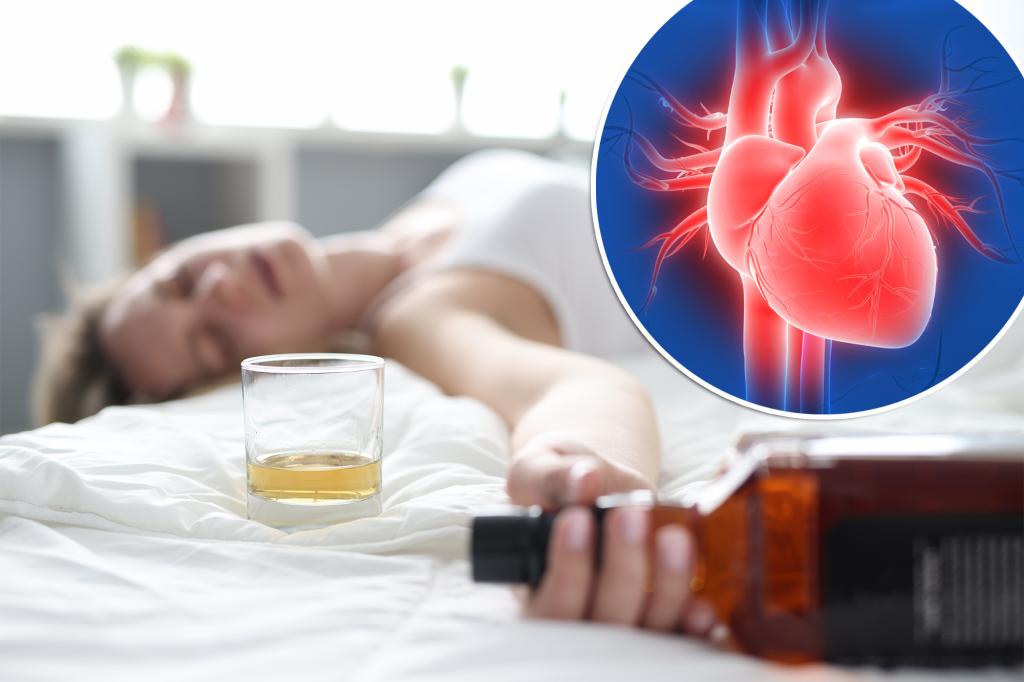Don’t worry, scientists say they may have discovered a way to prevent arrhythmia. Excessive alcohol consumptionThis phenomenon is common around Christmas time and is known as “holiday heart syndrome.”
They will present their research this week at the American Heart Association conference in Chicago.
“Around the holidays, celebrations occur in a short period of time and often involve heavy drinking.” Lead researcher Saugat Canal explained:Postdoctoral Research Fellow at Ohio State University.
“Unfortunately, this can cause the heart to race or beat abnormally, even in people who have never had a previous heart condition, which can send them to hospital,” he added.
Atrial fibrillation Atrial fibrillation (AFib) is the most common type of arrhythmia and is the scientific name for a condition in which the heart beats too slowly or too fast. or irregular In other ways. This condition is Risk of stroke heart failure.

Atrial fibrillation More than five million adults in the United States have been diagnosed with alcohol dependence, and about one-third of new diagnoses are related to alcohol use.
Repeated excessive drinking Drinking alcohol, defined as five drinks within two hours for men and four drinks within two hours for women, can lead to high blood pressure. Liver diseaseincreasing the risk of cancer and serious arrhythmias.
Now, Canal’s team says they have identified a cardioprotective molecule that may prevent the activation of stress-induced proteins in the heart that have been shown to cause atrial fibrillation.
In experiments, researchers tried to replicate the human Holiday Heart Syndrome in mice, and found that a treatment they devised using the molecule Alda-1 reduced the surge in stress proteins linked to heavy drinking and the associated arrhythmia.
“Studies using larger animals will be a future direction to translate our exciting findings into clinical applications,” Canal said.
Canal’s findings will need to be peer-reviewed before being published in a scientific journal.
Another study published this week warns pre- and menopausal women taking hormone replacement therapy to avoid alcohol because it may worsen heart function.


